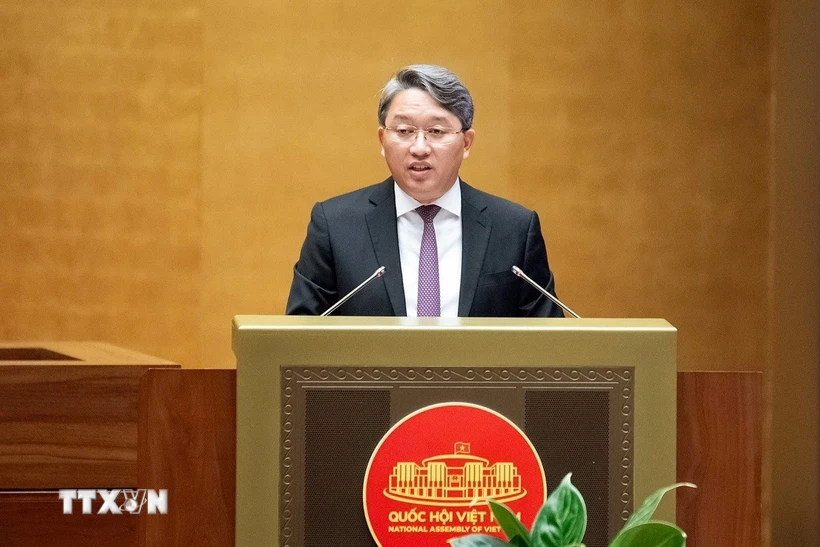
Minister of Justice Nguyen Hai Ninh spoke to explain and clarify a number of issues raised by National Assembly deputies. (Photo: Doan Tan/VNA)
On the afternoon of June 25, the National Assembly discussed in the hall the draft Law on Judicial Assistance in Civil Matters.
Through studying the draft Law on Judicial Assistance in Civil Matters and the Verification Report of the National Assembly's Committee on Law and Justice, the delegates basically agreed with the necessity of promulgating this Law with the reasons, political , legal, practical bases, purposes, and viewpoints as stated in the Government's Submission No. 237 dated April 20, 2025.
The Law is built on the basis of inheriting the contents of the current Law on Judicial Assistance. At the same time, this Law aims to promptly institutionalize the Party's policy on arranging and streamlining the apparatus of the political system; continue to internalize commitments in international treaties to which Vietnam is a member.
Regarding the principle of judicial assistance in civil matters, delegate Nguyen Minh Tam (Quang Binh) suggested that the Drafting Committee consider adding the "principle of reciprocity" to the provisions of this article, because the principle of reciprocity is a basic principle in international relations.
Regarding the method of implementing Vietnam's request for civil judicial assistance, Article 20 stipulates: "Vietnam's request for civil judicial assistance shall be implemented in accordance with the law of the requested country or in a specific manner accepted by the requested country."
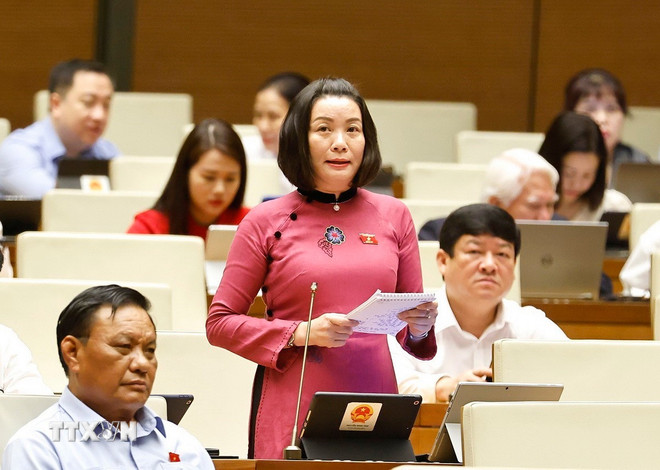
National Assembly delegate of Quang Binh province Nguyen Minh Tam. (Photo: Doan Tan/VNA)
Delegate Nguyen Minh Tam suggested that the Drafting Committee consider revising as follows: "Vietnam's request for civil judicial assistance shall be implemented in accordance with the international treaty on civil judicial assistance that Vietnam and foreign countries have signed. In cases where an international treaty on judicial assistance has not been signed, it shall be implemented in accordance with the laws of the requested country or in a specific manner accepted by the requested country."
The reason the delegate proposed the above amendment is to ensure proper implementation of the principles of civil judicial assistance and the application of foreign laws as prescribed in Article 5 of the draft Law.
Delegate Nguyen Tam Hung (Ba Ria-Vung Tau) said that in the process of resolving requests for judicial assistance, some countries asked Vietnam to apply their laws.
However, due to the lack of a clear review mechanism and evaluation criteria, domestic agencies are confused when handling, leading to groundless rejections or prolonged processing times.
Mr. Hung suggested that the Drafting Committee amend Clause 2, Article 5, to specify the evaluation criteria. These criteria must ensure that they do not contravene the principle of mutual legal assistance and public order in Vietnam, a common principle in international justice.
At the same time, there should be detailed guidance on the list of countries, legal fields and assessment methods to unify understanding, avoiding each locality applying a different model.
Delegate Pham Van Hoa (Dong Thap) also said that allowing the application of foreign laws in the process of implementing judicial assistance is necessary, especially in cases where Vietnam does not have corresponding legal regulations.
However, the delegate noted that the application of foreign law must ensure principles such as: respect for sovereignty, territorial integrity, non-interference in internal affairs, equality, mutual benefit and protection of the legitimate rights of both Vietnamese and foreign citizens.
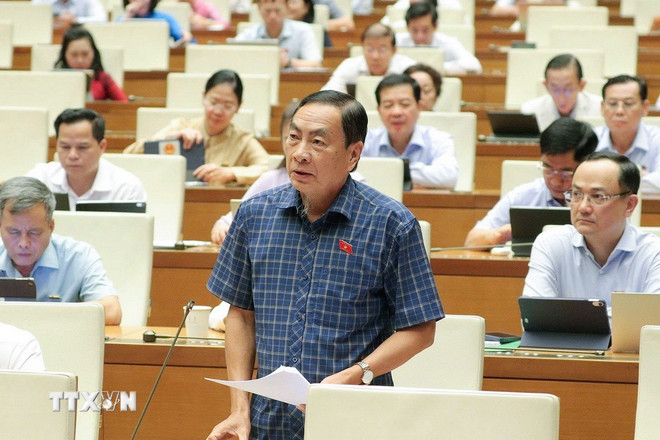
National Assembly delegate of Dong Thap province Pham Van Hoa speaks. (Photo: Doan Tan/VNA)
Regarding the opinions of delegates proposing to add the principle of "reciprocity" in Article 6 of the draft Law on Principles of Judicial Assistance in Civil Matters, Minister of Justice Nguyen Hai Ninh said that the draft Law does not directly and strictly regulate the principle of "reciprocity" but has a more flexible approach by adding cases where a foreign country's request for civil judicial assistance can be refused when there is a basis to show that that country does not cooperate in implementing Vietnam's request for civil judicial assistance at Point a, Clause 2, Article 25 of the draft Law.
This provision creates a legal basis for competent authorities to consider and decide on “reciprocity” in the implementation of judicial assistance with foreign countries on a case-by-case basis, with the aim of ensuring maximum legitimate rights and interests of people and businesses in civil cases as well as expanding international cooperation in this field.
This is also a new point of the Law compared to the provisions of the current Law.
Regarding the delegate's opinion on the draft Law expanding the authority to request civil judicial assistance to "other competent agencies and individuals as prescribed by Vietnamese law" in Clause 4, Article 15, Minister Nguyen Hai Ninh said that this is a "sweeping" provision to prepare for future cases where specialized laws have provisions on the authority to request judicial assistance to other entities, then we do not have to amend the law.
“For example, the draft Law amending and supplementing a number of articles of the Law on Civil Judgment Enforcement that is being developed has provisions on the function of organizing civil judgment enforcement of bailiff offices. At that time, bailiffs also have the authority to request civil judicial assistance if any arise,” said the Minister of Justice.
Regarding the provisions on the application of foreign law in Article 5, Minister Ninh emphasized that allowing application in judicial assistance is an international practice.
However, the draft has clear limitations: it only applies when it does not violate the principle of judicial assistance in Article 6, ensures respect for sovereignty, non-interference in internal affairs and ensures equality and mutual benefit between the parties.
The Minister said that the scope of application of foreign law in the draft Law is also narrower than that of the Civil Code or the Civil Procedure Code, in order to ensure a balance between international cooperation and protection of national sovereignty and interests.
The draft Law on Judicial Assistance in Civil Matters continues to be completed for the National Assembly to comment and consider passing at the 10th Session taking place in October 2025./.
(Vietnam News Agency/Vietnam+)
Source: https://www.vietnamplus.vn/luat-hoa-ro-nguyen-tac-co-di-co-lai-tai-du-an-luat-tuong-tro-tu-phap-ve-dan-su-post1046363.vnp





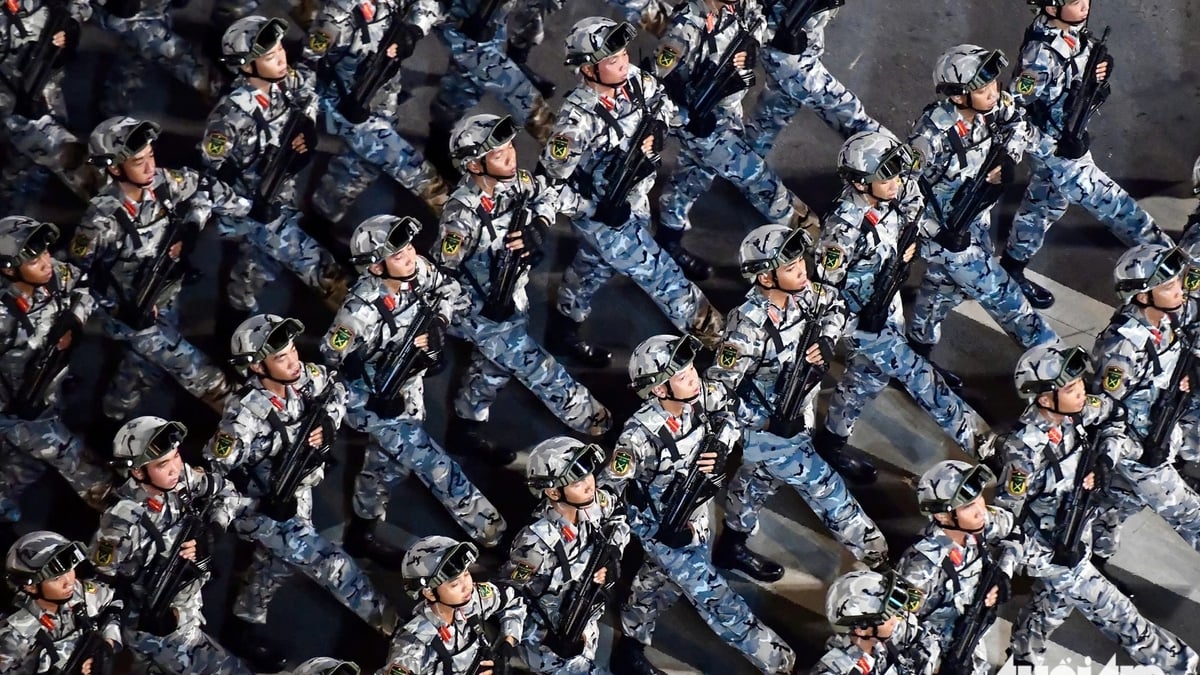


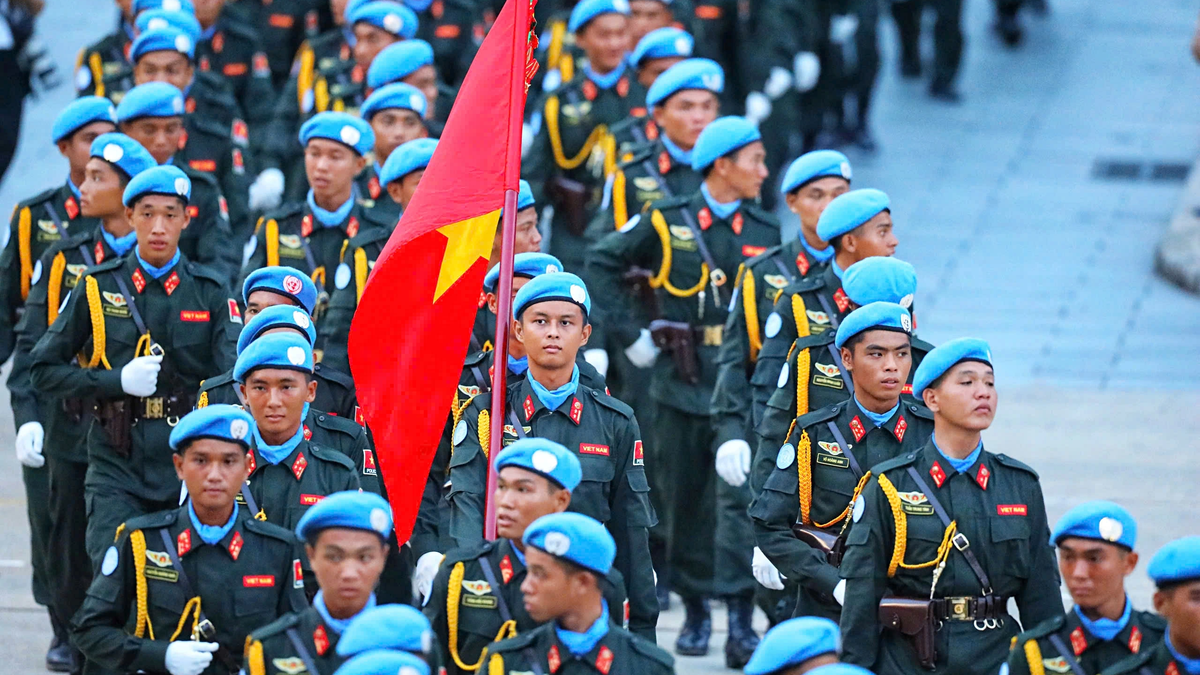
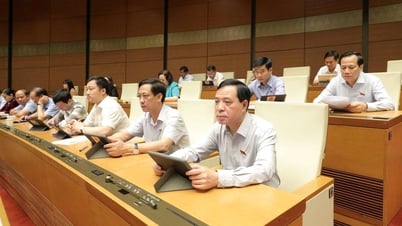

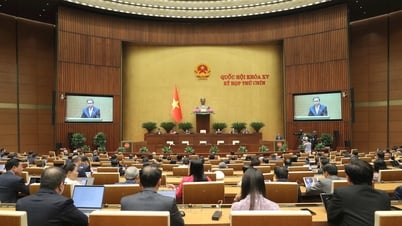
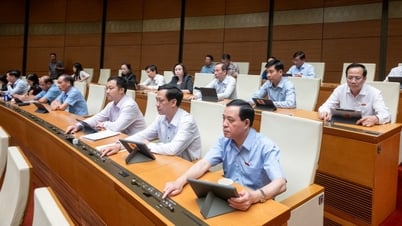


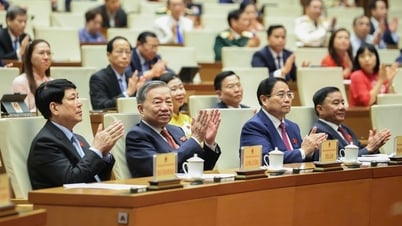

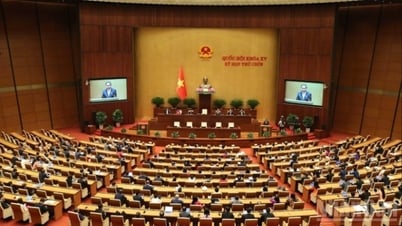



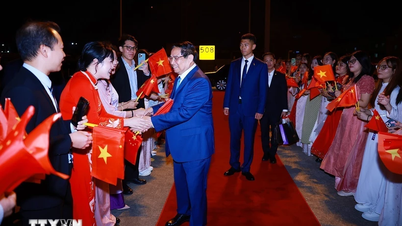
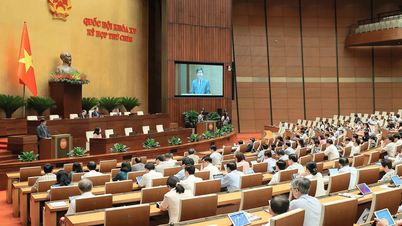








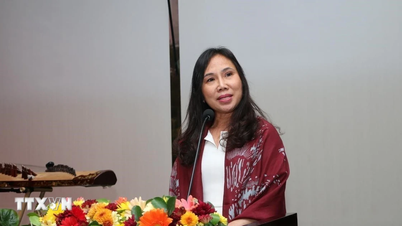

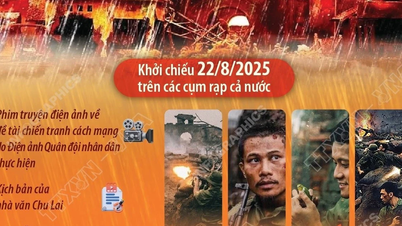


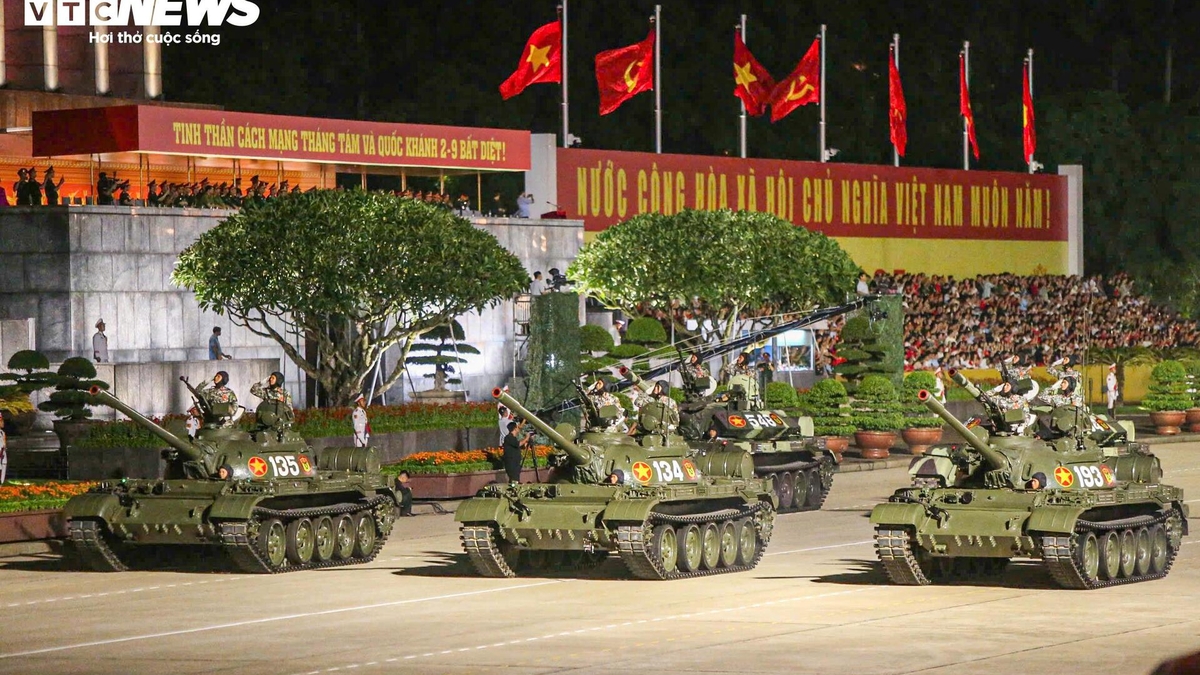




























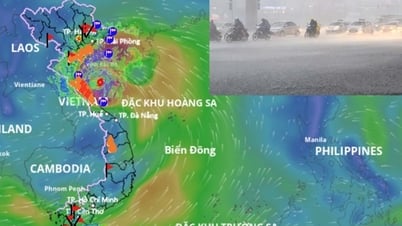

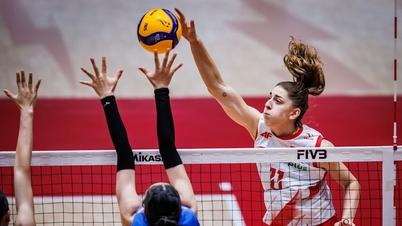

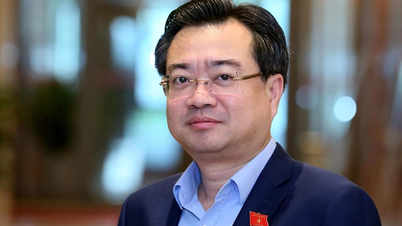

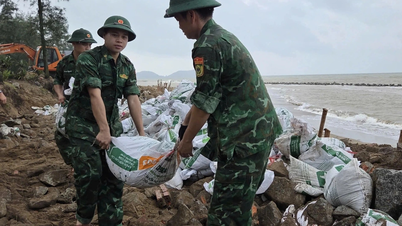


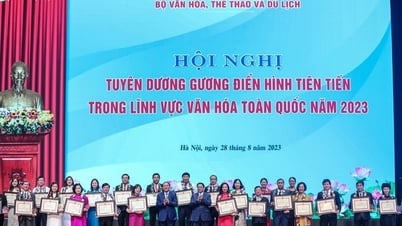

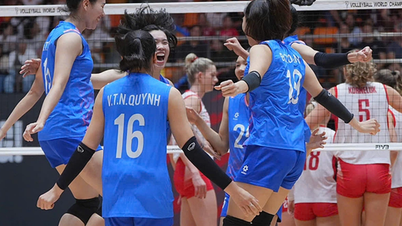





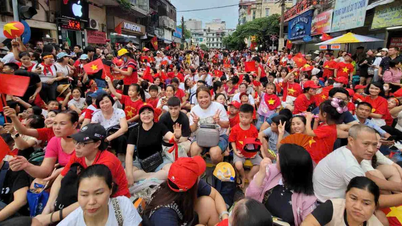

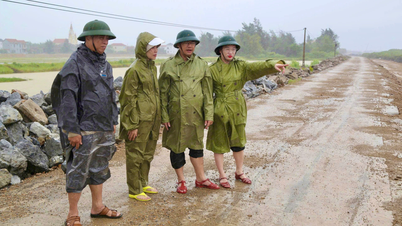



















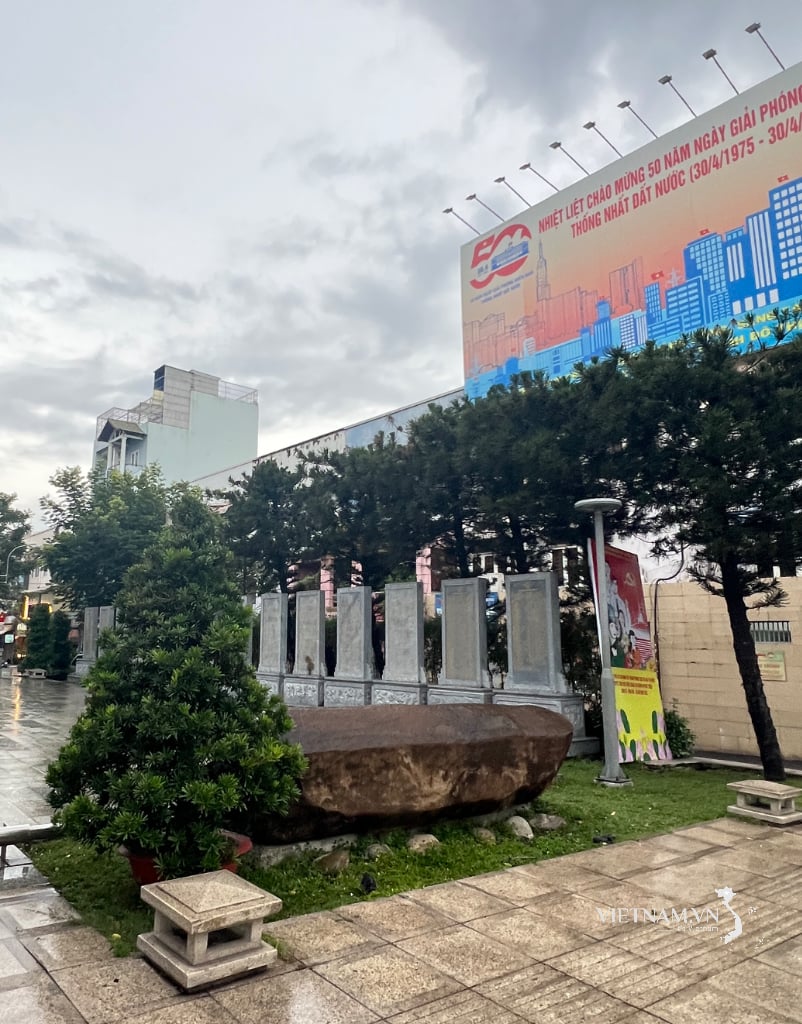
Comment (0)